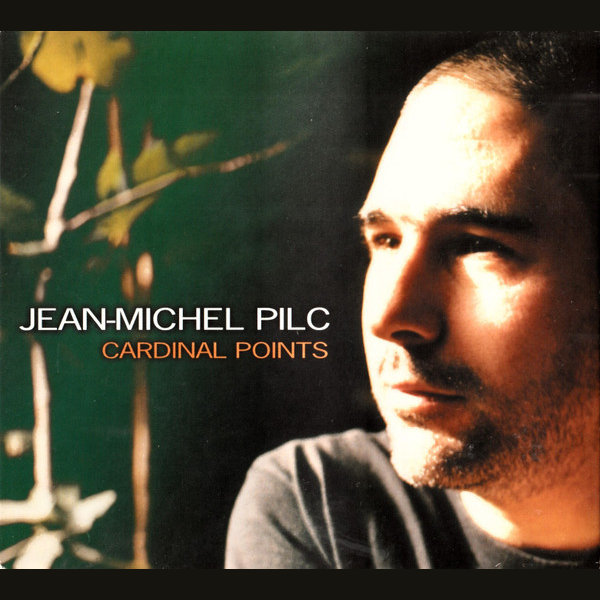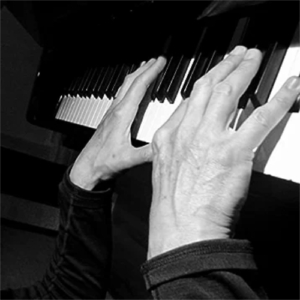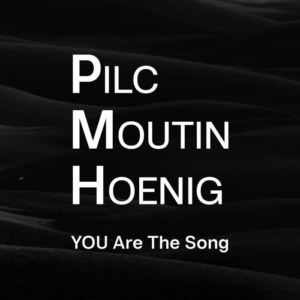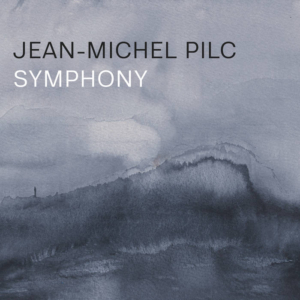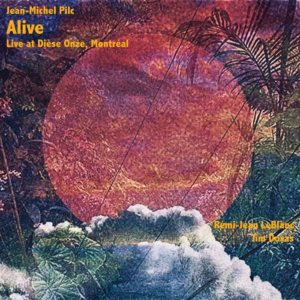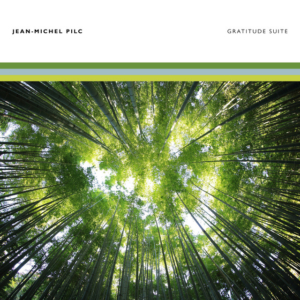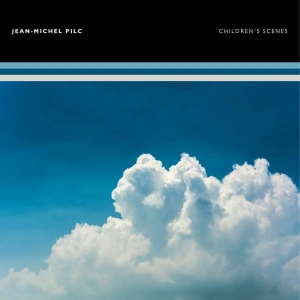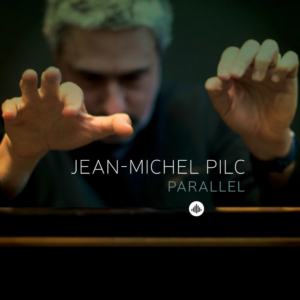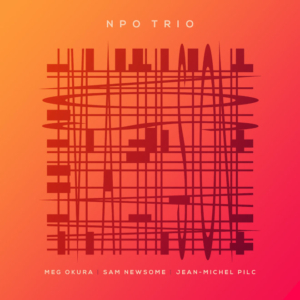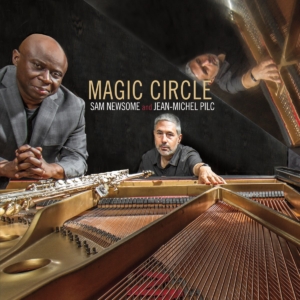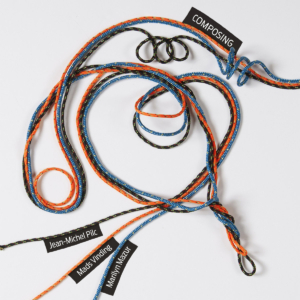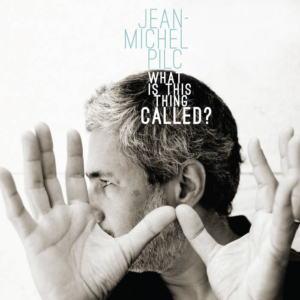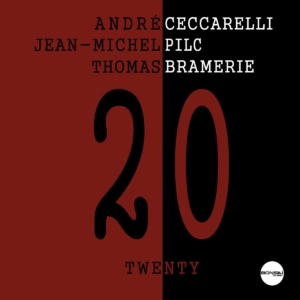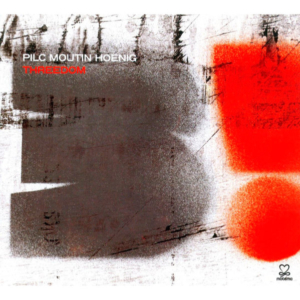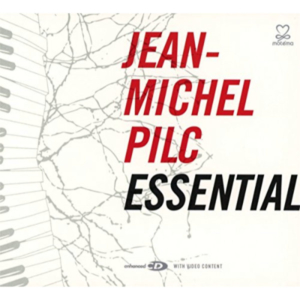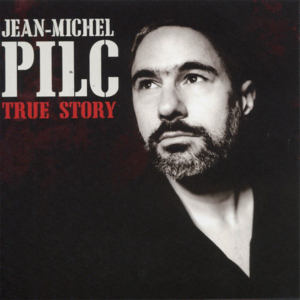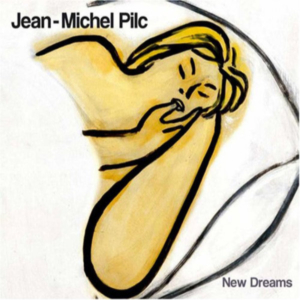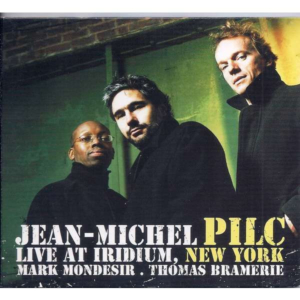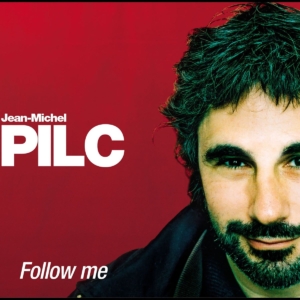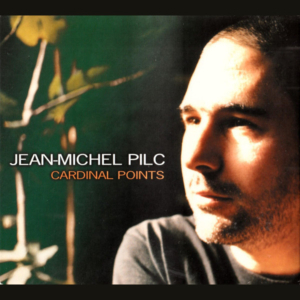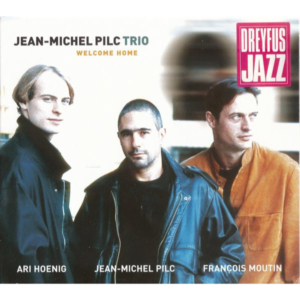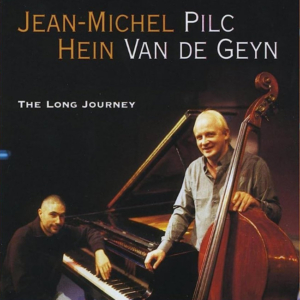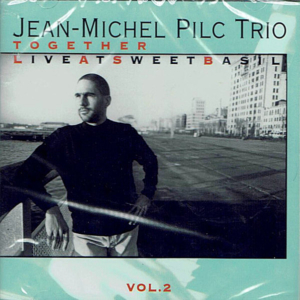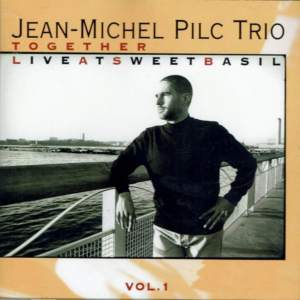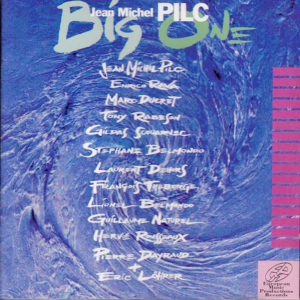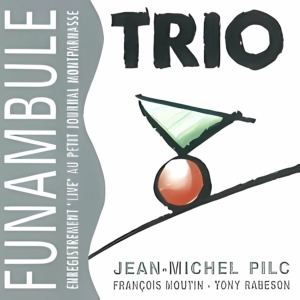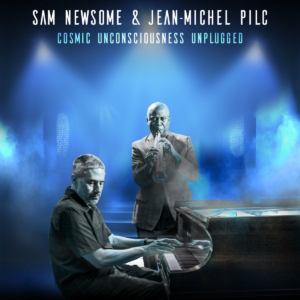 https://jeanmichelpilc.com/wp-content/uploads/2023/12/cosmic_unconcious_unplugged.jpg
1200
1200
LluchIE56
https://jeanmichelpilc.com/wp-content/uploads/2023/06/jean-michel-pilc_logo.png
LluchIE562023-12-03 13:38:552023-12-03 17:19:16Cosmic Unconsciousness Unplugged
https://jeanmichelpilc.com/wp-content/uploads/2023/12/cosmic_unconcious_unplugged.jpg
1200
1200
LluchIE56
https://jeanmichelpilc.com/wp-content/uploads/2023/06/jean-michel-pilc_logo.png
LluchIE562023-12-03 13:38:552023-12-03 17:19:16Cosmic Unconsciousness UnpluggedPiano – Jean-Michel Pilc
Soprano Saxophone – Sam Newsome
Bass – François Moutin (tracks: 9 to 12), James Genus (tracks: 1 to 8)
Percussion – Abdou M’Boup
Drums – Ari Hoenig
Credits
Composed By – Jean-Michel Pilc (tracks: 1 to 6, 8 to 12)
Mastered By – Benjamin Joubert
Photography By – Larry Fink
Producer – Francis Dreyfus
Recorded By, Mixed By, Mastered By – René Ameline
Recorded at Clinton Studios, NYC on December 17 & 18, 2002
Mixed at Studio Ferber, Paris on January 3 & 4, 2003
Released: June 10, 2003
Label: Dreyfus Jazz
Review
This has turned out to be quite a year for piano trios. 2003 has seen the release of the Keith Jarrett Standards Trio’s Up for It, McCoy Tyner’s Land of Giants, Ahmad Jamal’s In Search of Momentum, Chick Corea’s Rendezvous in New York (which features trio work along with other configurations), the Tord Gustavsen Trio’s Changing Places, and Jacky Terrason’s excellent Smile. To those discs must be added the newest release from French pianist Jean-Michel Pilc, Cardinal Points.
Although Pilc often leads a trio, seven of the twelve tracks on Cardinal Points feature the addition of soprano sax work by Sam Newsome. The rhythm section varies as well, with bassist James Genus playing on eight of the tracks, and Francois Moutin taking over the bass chair for the final four, an extended composition entitled “Trio Sonata”. With the exception of a version of Duke Ellington’s “Mood Indigo”, all of the tracks on Cardinal Points are original Pilc compositions.
On last year’s trio release, Welcome Home, Pilc, along with Moutin and drummer Ari Hoenig (who plays on all tracks here as well), concentrated on jazz standards and well known compositions such as “So What”, “Stella by Starlight”, and “Giant Steps”, turning them inside out and creating new and original vehicles for Pilc’s improvisations. Cardinal Points emphasizes many of the same features of Pilc’s playing as Welcome Home, including a sharp attack and a penchant for playing with time. Those tendencies are apparent with the opener, “Fred’s Walk”, as the pianist often allows his elegant phrasing to lag just slightly behind his rhythm section. At the same time, there is a meaty, muscular quality to Pilc’s playing that is at odds with what many would expect from a European sensibility. That’s not to say that his playing lacks finesse; nothing could be further from the truth. But there is a certainty to his playing that is generally only to be heard in the best and most original players. Think of Bill Evans, of Chick Corea or Keith Jarrett — it’s not that Pilc sounds like any of these musicians (though their influence can be heard at various times), but like them he is able to create a musical language that is very much his own.
Though Pilc is possessed of an amazing piano technique, which was highlighted on Welcome Home, on Cardinal Points he subdues that technique in the service of creating a unique group sound and in the service of his compositions. There are basically two suites of compositions here (as well as some smaller compositions) — the four compass points that make up “South”, “West”, “North”, and “East” (presented in that order), and the four sections of “Trio Sonata”, which features the Jean-Michel Pilc Trio heard on Welcome Home. “South” features some outstanding percussion work by Abdou M’Boup and finds Pilc building a polyrhythmic fantasia that makes use of fairly simple melodic and harmonic material. “North” is more meditative and features Newsome’s soprano work.
The “Trio Sonata” is the most focused work on the album, and presents a strong case for the popularity of Pilc’s trio work. The opening section, set against a drum and handclap loop, gives way to a swinging section that allows Pilc and bassist Moutin to redefine the piano/bass relationship in ways that are often as startling as those pioneered by Bill Evans and Scott LaFaro. By Part 3 things get denser, with the trio sounding nearly telepathic, as each member at times seems to be playing a different rhythmic figure. Still the whole thing remains coherent and exciting throughout. Moutin opens the final section with a solo that Hoenig and Pilc truly accompany, supporting the bassist ably but never taking attention away from the lines he is playing.
The “Trio Sonata” ends the album on a very high note, and leaves one wishing to hear much more of the trio work. Though the compositions on the rest of the album are interesting and present a unique voice, there is an uneven quality about them. In addition, Sam Newsome’s soprano playing often sounds jittery and doesn’t step out front enough to warrant the inclusion of a horn. One senses that Pilc is ready to move beyond the amazing work that he’s been doing with his trio, but at times it seems that he doesn’t quite know where he wants to go next. Ultimately, Cardinal Points may end up being a transitional work for Pilc, one that will allow him to blend his compositional style with his ability to reinterpret the standard jazz repertoire. That is hinted at by the interpretation of “Mood Indigo” that is included here, the only composition written by someone other than Pilc. The group toys with the building blocks of the composition, not stating the melodic material in a straightforward fashion and reworking much of the harmonic material as well. It’s a fresh interpretation and one that bodes well for Pilc’s future.
Cardinal Points has its flaws, but it is a wide-ranging statement by a musician who has found his own voice, both on his instrument and compositionally. There is real jazz here, played by a group (or two groups, actually) of musicians who listen carefully to what they are doing and who are willing to take risks. That is more than can be said of a great deal of the music that passes for jazz these days, and there is no question that Jean-Michel Pilc is one of our major jazz pianists. For listeners seeking music that can sustain them through repeated listening and who demand intelligence and originality in their jazz, Cardinal Points is an excellent choice. ~ By Marshall Bowden, 8 December 2003 PopMatters
“should be studied in every music school in the galaxy…”
Harvey Siders, Jazz Times +
Top 50 Picks for Critics Picks 2003
“…ridiculously well-balanced, and trading in the kind of grace that still has the power to shake a room. Keith Jarrett found something similar… Pilc’s nudging it a bit further down the line”
Down Beat, four Star Hot Box review
“Pilc’s playing reveals a roaring fire that all but consumes the cosmopolitan sheen stereotypical of European music.”
Neil Tesser, Chicago Reader

